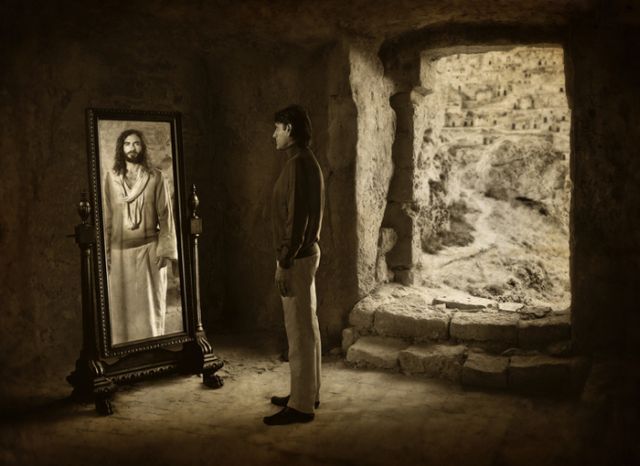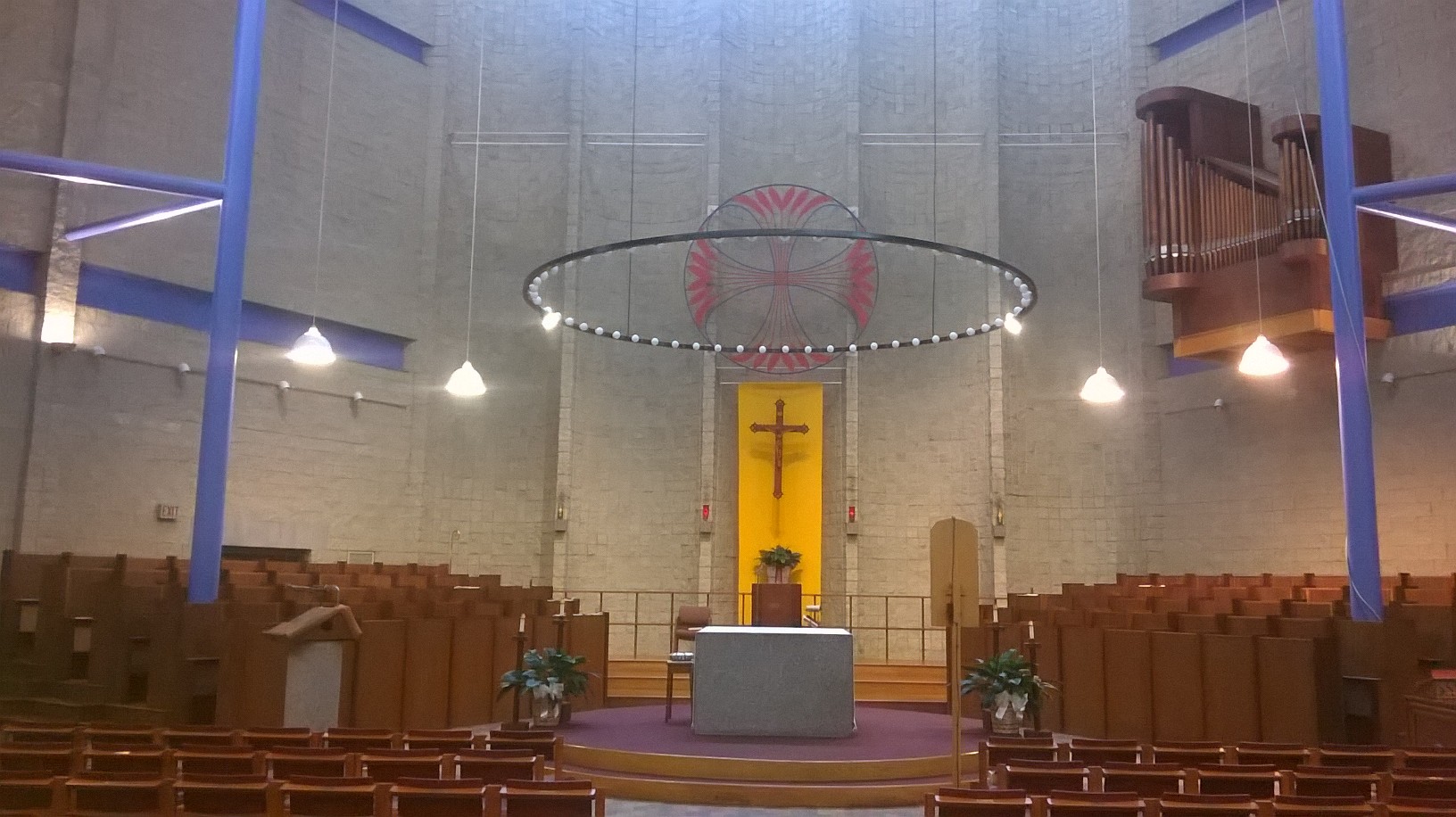“Now knowledge of self must be seasoned with knowledge of Me (God), lest it bring the soul to confusion. For self-knowledge would cause the soul to hate its own sensitive pleasure and the delight of its own consolations. But from this hatred, founded in humility, it will draw patience. With patience it will become strong against the attacks of the devil, against the persecutions of man, and towards me, when, for its good, I withdraw delight from its mind. –Catherine of Siena ‘Little Talks With God’
I admire the distinguishing of the two levels of self-knowledge detailed in ‘The Book of Privy Counseling’. The utilitarian salvific level is the recognition of one’s sinful nature. I am a creature drawn toward pleasures and tendencies that will destroy eternally. Original sin is a fact of my birth. Compounding original sin is my upbringing in a world immersed within sin and worldly delights. Many things I want and desire I must reject. My thoughts must be kept holy, disciplined and focused through the sacraments, prayer, and the living of a healthy joyful life. Grace builds upon nature. I must seek that which is good for the devil is a roaring lion seeking to devour souls. Daily, moment by moment, a conscious effort must be made through the awareness of my sinful nature to live a holy life. I know and accept my limitations. I am at peace with my imperfections and weaknesses. Delusion, imagination, fantasies, false aspirations are acknowledged as childish, a lesser way. I live in a world of Christian reality. Yet the contemplative level of self-knowledge magnifies the awareness of myself, transcends myself, when my heart and being goes out to the Lord in silence and stillness. Strengthening myself daily through Eucharistic adoration, simply being with Christ, asking him day to day who are You? And who am I?–As Pope Francis says when I allow the gaze of Christ to rest upon me daily, a greater self-knowledge is nurtured. My self-knowledge is now founded NOT upon my frailties, misdeeds, and failures. It is not founded upon reason and rationalizing. Mentally and vocally, I do not identify myself as nothing more than a sinner, or an alcoholic. That is the yearning of Satan. The passionate evil one relishes in sin to the highest and most destructive degree. Satan lustfully desires that I become so absorbed in sin, so miserable in self-hate, that all I can focus upon is myself. The Divine Mercy of God is the ultimate disgust and affront to the hater of man. The compassionate tender heart of Jesus to sacrifice himself for man is beyond Satan’s reality. Advancing upon the contemplative path, my self-knowledge humbly builds upon the magnificence of a loving and merciful God, an unknowable omnipotent creator effusing a love so intense I can only quiet and glorify with, through, and in His mercy and love. In the process, as St Francis de Sales so strongly urges, I develop the virtue of patience–patience with myself, learning to love and accept myself I am not a mistake. God loves me.








Recent Comments